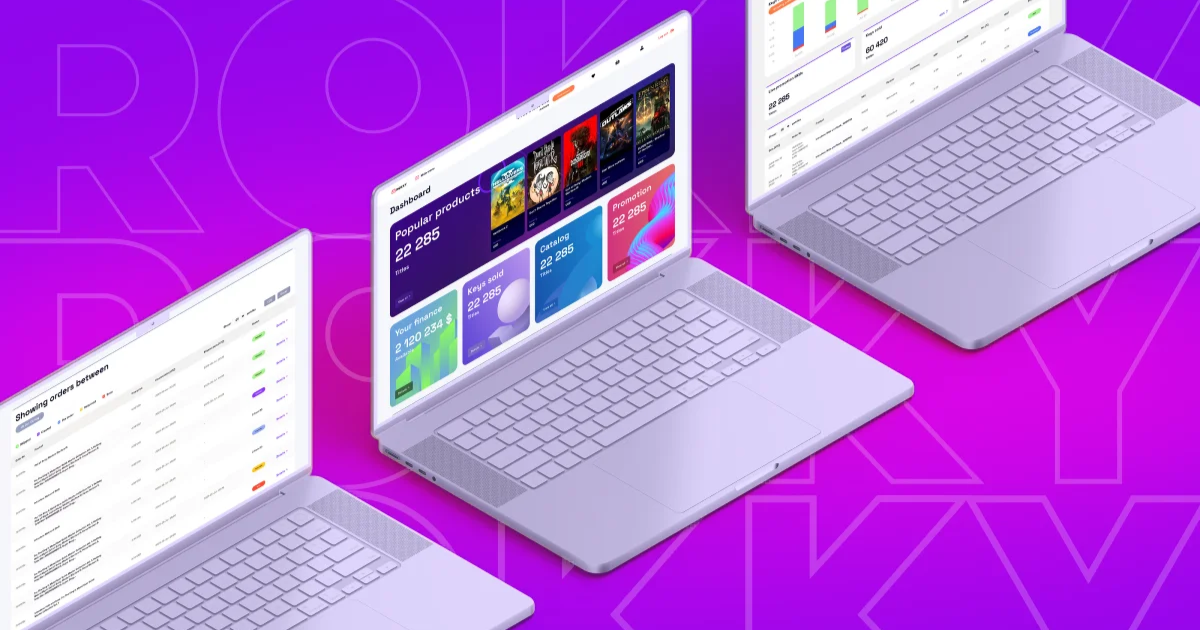Despite facing increased competition in the space, not least from the Epic Games Store, Valve’s platform is synonymous with PC gaming. The service is estimated to have made $10.8 billion in revenue during 2024, a new record for the Half-Life giant. Since it entered the PC distribution space back in 2018, the rival Epic Games Store has been making headway – and $1.09 billion last year – but Steam is still undeniably dominant within the space.
Valve earns a large part of its money from taking a 20-30% cut of sales revenue from developers and publishers. Despite other storefronts opening with lower overheads, Steam has stuck with taking this slice of sales revenue, and in doing so, it has been argued that Valve is unfairly taking a decent chunk of the profits of developers and publishers.
This might change, depending on how an ongoing class-action lawsuit initiated by Wolfire Games goes, but for the time being, Valve is making money hand over fist selling games on Steam. The platform boasts over 132 million users, so it’s perfectly reasonable that developers and publishers feel they have to use Steam – and give away a slice of their revenue – in order to reach the largest audience possible.



But there is competition in PC gaming, GOGA, EGS, and Prime (and others) exist. One player being dominant isn’t an issue if that player isn’t being anticompetitive.
The closest thing I’ve seen is the policy that you can’t sell for less than on Steam, while allowing for sales to happen separately from on Steam. Publishers can even generate keys for free and sell them without any profit sharing elsewhere, and customers can still use those keys on Steam.
EGS is acting more like a monopoly than Steam and undercuts Steam on fees, Prime bundles its services, and Microsoft has an inexpensive subscription for unlimited games, yet Steam is still more popular. Why? People prefer Steam’s service, and publishers are willing to pay a premium to sell on Steam, all without anticompetitive behavior.
Valve is a shining example of how to handle having a commanding market share: they invest in their products so customers want to stay.
Steam has about 90% market share. That’s a monopoly even if niche competition exists.
Sure, and that’s because:
I think EGS and GOG could get most of Steam’s features with 2-3 years of solid development effort, but instead EGS whines about Steam having unfair market share and GOG just refuses to innovate on their client.
That’s not Valve’s fault, what is in their control is whether they use their market position to kill off competitors, and they don’t do that.